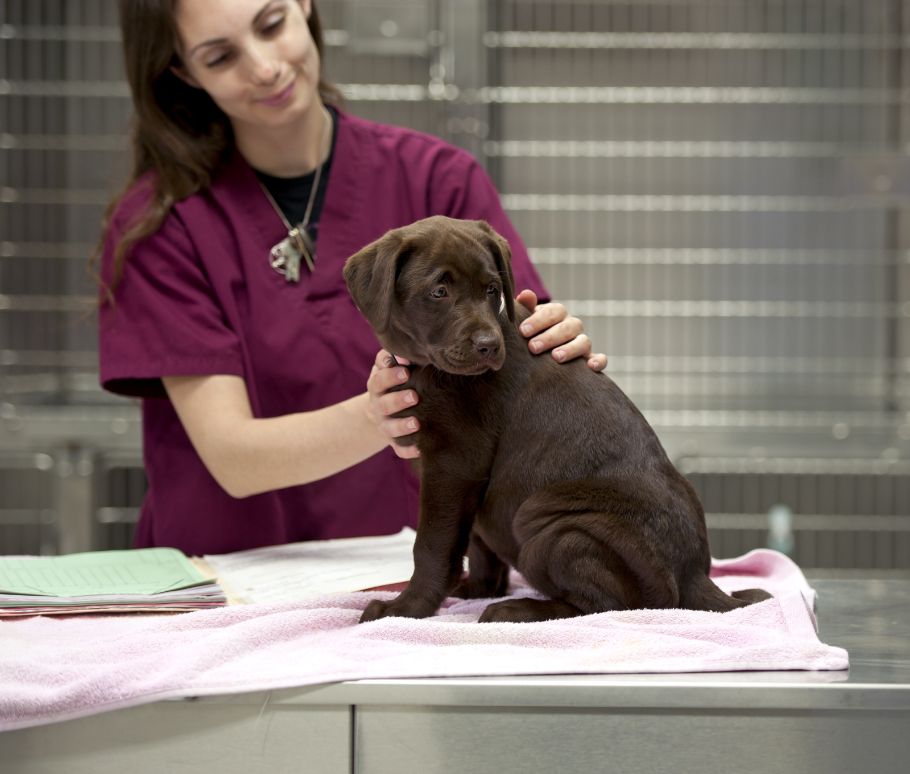
The Veterinary Technician National Exam (VTNE) is a standardized test that allows aspiring vet techs to become credentialed before applying for employment. Passing this exam demonstrates your competency in veterinary knowledge and skills, and it’s a prerequisite for becoming a certified vet tech in most states. Keep reading for insights into vet tech programs, VTNE certification, career prospects, and salary expectations.
A typical vet tech training program takes 1.5 to 2 years. During that time, you’ll learn about animal anatomy and physiology. Pharmacology courses teach you about medications, while anesthesia training prepares you to assist with surgical procedures. You’ll also get training in common laboratory procedures such as urinalysis and bloodwork. While classroom learning lays the groundwork, high-quality programs like the one offered by IMBC incorporate hands-on lab training as well. Spending time in labs enables you to practice essential skills with experienced instructors, building your confidence and preparing you for real-world scenarios. An associate’s degree vet tech program typically culminates in clinical externships. They provide practical experience as you work alongside veterinary professionals within a veterinary clinic or hospital. Here, you’ll apply your knowledge and refine your skills in a real-world setting, giving you a taste of what it’s really like to work as a vet tech.
During the program, you’ll develop a well-rounded skillset that includes:
The VTNE is the final hurdle to becoming a professional vet tech after completing a training program. It’s a computer-based multiple-choice exam, consisting of 150 questions to be completed within a 3-hour time limit. The exam focuses on nine major areas, called domains:
The exam is administered three times a year by the American Association of Veterinary State Boards (AAVSB).
According to the Bureau of Labor Statistics, the median annual vet tech salary in 2023 was $43,740. The BLS projects a growth rate of 21% for veterinary technologists and technicians between 2022 and 2032, which is significantly faster than the average for all occupations. The job outlook for veterinary technicians is bright.
The IMBC Vet Tech program equips you with the knowledge and skills necessary to make your dreams of working in the animal care field come true. Our program offers a comprehensive curriculum, experienced instructors, and valuable clinical externship opportunities to prepare you for success. Take the first step toward a career you’re proud of. Contact IMBC today to learn more about how our vet tech program can be the gateway to your dream job.
More on vet tech